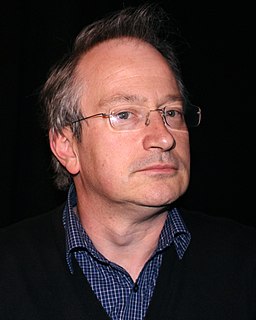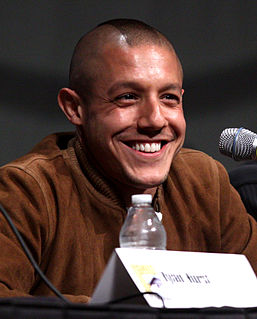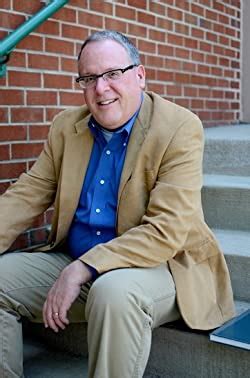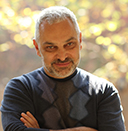A Quote by Nathaniel Hawthorne
The greatest obstacle to being heroic is the doubt whether one may not be going to prove one's self a fool; the truest heroism is to resist the doubt; and the profoundest wisdom, to know when it ought to be resisted, and when it be obeyed.
Related Quotes
The whole body-mind thing comes into play, when you are feeling that self-doubt and your body is not going to help you if you're not paying attention. Your body's going to go with the self-doubt and make you feel worse, so by making the adjustments - pulling your shoulders back, standing up straight, walking in a more sort of expansive way - all sorts of little things will help pull you out of that self-doubt.
There are many different kinds of doubt. When we doubt the future, we call it worry. When doubt other people we call is suspicion. When we doubt ourselves we call it inferiority. When we doubt God we call it unbelief. When we doubt what we hear on television we call it intelligence! When we doubt everything we call it cynicism or skepticism.
I have more self-doubt than any writer I've ever known.... The positive aspect of self-doubt - if you can channel it into useful activity instead of being paralyzed by it - is that by the time you reach the end of a novel, you know precisely why you made every decision in the narrative, the multiple purposes of every metaphor and image.
Doubt is most often the source of our powerlessness. To doubt is to be faithless, to be without hope or belief. When we doubt, our self-talk sounds like this: 'I don't think I can. I don't think I will.'... To doubt is to have faith in the worst possible outcome. It is to believe in the perverseness of the universe, that even if I do well, something I don't know about will get in the way, sabotage me, or get me in the end.





































